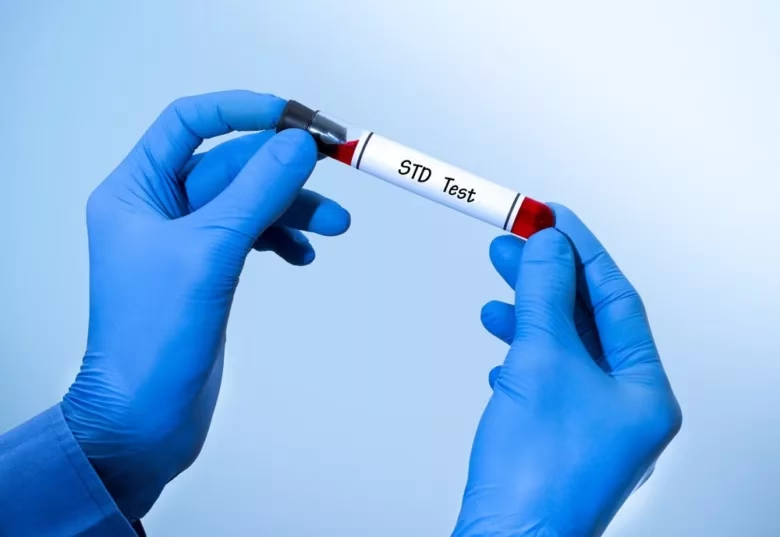News of pregnancy can be both delightful and worrisome for mothers. You are bound to be worried about the fetus’s health and well-being the moment you find out you are expecting. Moreover, if you are afraid that your sexual health will affect the fetus’ life, the first step will be to ensure that you don’t contract a sexually transmitted infection or disease. To give yourself this assurance, consider getting regularly tested. As a pregnant woman, undergoing a few compulsory STD tests should be a mandatory part of your routine health screening.
How do STDs affect both the mother and the fetus?
Sexually transmitted diseases (STDs) can be lethal for both the mother and her newborn child. Women who refuse to get tested and treated are more likely to suffer from STIs for the rest of their lives, all while infecting every offspring they bear. As STDs breed dangerous viruses, bacteria, or germs in or around the genitals of the mother, a baby passing through the birth canal contracts the infection from her. Fetuses sometimes recover from these infections shortly after their birth but, some deadly STIs could damage their organs, and immune systems, or even result in death. Additionally, venereal diseases can result in infertility amongst women.
How do STDs during pregnancy get treated?
Protecting the fetus means taking utmost care of your health first. If the pregnant woman is at risk of retaining the infection for a long time, then the developing infant is also exposed to harm. The complete cure of the infection depends on the type of STDs that the mother carries. Some viruses like HIV (Human Immunodeficiency Virus), HSV (Herpes Simplex Virus), or HBV (Hepatitis B Virus) cannot be cured so they are suppressed with antiviral remedies to stop the fetus from contracting them. On the bright side, STIs like Chlamydia, Gonorrhea, Trichomoniasis, Syphilis, and Bacterial Vaginosis are curable with antibiotic vaccines and pills. Hence, getting thoroughly screened and checked up in the early stages of pregnancy is the only way to prevent the STDs from being passed on to the child.
STD tests for pregnant women
It is important to have an open discussion with your obstetrician about your sexual practices, the number of partners you are involved with, and any history of STIs you or your partner(s) might have. Your obstetrician will advise you to undergo some STD tests to proceed with your treatment in accordance.
Pap smear
A Pap smear or Pap test is a screening for HPV (Human Papillomavirus) that could leave the infected woman with cervical cancer. Blood work is required for a pap smear with the consent of the person in question..
Mandatory STD tests for pregnant women
Pregnant women have to undergo certain mandatory STD tests during the first and the third trimester. They may include:-
- HIV tests: To prevent the baby from contracting HIV before or after childbirth, or through breastfeeding
- Syphilis: To prevent congenital Syphilis which can result in organ damage of the baby.
- Hepatitis: To prevent the child getting a liver infection or cancer which could be fatal.
Why is taking an STD test important during pregnancy
Women below the age of 25 and ones with multiple partners with an STI background are at greater risk of contracting one while pregnant. Obstetricians recommend Gonorrhea and Chlamydia testing during pregnancy. Chlamydia is deemed as the silent killer that can result in permanent eye and lung damage of the newborn. Gonorrhea, on the other hand, can cause premature birth or damage of the membrane and might even lead to Chorioamnionitis in mothers.
Choose Affordable Rapid Testing for accurate STD testing during pregnancy
If you are wondering where to get tested for STDs, then Affordable Rapid Testing offers the most accurate and seamless testing experience. They provide same-day test results and walk-in STD testing with maximum privacy and excellent expertise. To know more about their exemplary services, visit their official website.


